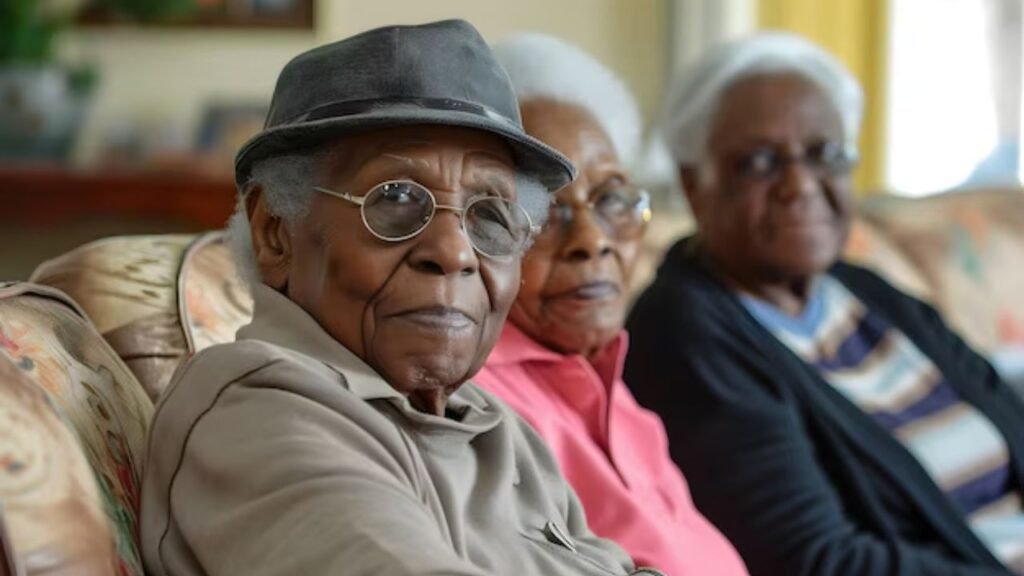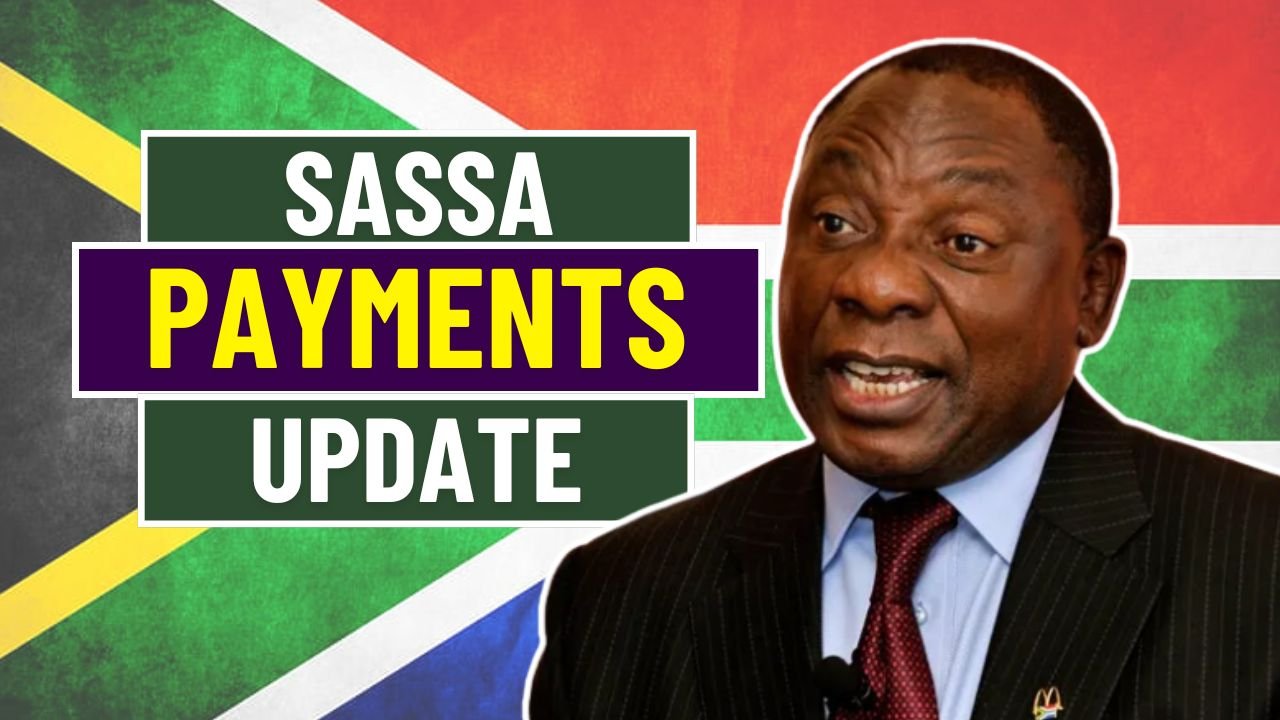Seniors in South Africa, who depend on the SASSA Old Age Grant, are facing an unexpected delay in their May 2025 payment, with the funds now scheduled to arrive on Tuesday, May 6. This postponement creates a significant gap between payments, leaving recipients with a five-week wait instead of the usual monthly distribution. The situation is made more challenging by a VAT increase, which could negate the financial relief provided by a recent R130 increase in the Old Age Grant.
Why Is the May 2025 Payment Delayed?
The delay is not the result of any administrative errors or issues within the Social Assistance Service Agency (SASSA) itself. Rather, it stems from a series of public holidays and weekends that have disrupted normal banking operations. Key dates like the Easter Weekend (April 18-21), Freedom Day (April 28), and Workers’ Day (May 1) have all impacted the usual payment schedule, causing this extended delay.
For those who received their April 2025 payment on April 2, the extended wait until May 6 is a considerable financial burden, especially for seniors who rely on the Old Age Grant to cover the basic needs of their households.
Revised May 2025 Payment Schedule for SASSA Grants
SASSA has provided an updated payment schedule for May 2025 to help recipients plan for the delay. According to the revised timetable, payments for the Older Person’s Grant and Disability Grant will be made on May 6, 2025, instead of the usual dates between the 1st and 3rd of each month. Other grants, such as the Child Support and Foster Care Grants, will follow shortly after on May 7, 2025.
The updated schedule is available on the SASSA website or through their WhatsApp service at 082 046 8553 for verification.
The Impact of VAT Increase on Grant Recipients
While the R130 increase to the SASSA Old Age Grant was initially seen as a positive move for seniors, the upcoming VAT hike poses a major concern. The increase in VAT is expected to make everyday essentials more expensive, potentially offsetting the financial relief that the grant boost was meant to provide.
For instance, economic analysts estimate that the VAT hike will raise the cost of food and groceries, electricity, transport, and healthcare expenses for seniors. This increase, in total, could diminish or even nullify the benefit of the R130 added to the grant.
How Much Will VAT Increase Affect Seniors?

The VAT increase will affect a wide range of essential goods and services, with food and groceries being a significant expense for many seniors. Analysts predict that the cost of groceries alone could rise by as much as R60 to R80 per month. Similarly, utilities, transportation, and healthcare costs will see increases, potentially raising seniors’ overall expenditure by R107 to R153 per month.
Given that the R130 increase in the grant is designed to ease financial pressures, this VAT hike could make it difficult for many elderly recipients to experience any net gain from the increase.
Confusion Over SASSA Card Transition
To add to the uncertainty, there is ongoing confusion surrounding the transition from the old gold SASSA cards to the new black Postbank cards. Following a directive from the South African Reserve Bank, the rollout of the new cards has been paused, leaving many recipients unsure of the status of their payments.
While the gold SASSA cards remain operational until at least May 2025, recipients are advised to avoid relying solely on SASSA-issued cards in the future. Opening personal bank accounts is recommended to ensure more reliable and flexible access to grants.
Applying for the Old Age Grant
For new applicants to the Older Person’s Grant, there are a few key eligibility requirements that must be met. Applicants need to be South African citizens or permanent residents, aged 60 or older, and not residing in a state institution. They must also pass the means test, which includes annual income and asset value thresholds, such as an income of less than R92,400 for a single person or R184,800 for a married couple.
Strategies for Managing the Extended Payment Gap
With the five-week gap between April and May payments, it is important for seniors to plan their finances carefully. Prioritizing essential expenses such as medication, food, and utilities will be crucial. Seniors may also consider reaching out to community organizations for food support or negotiating delayed payment arrangements with service providers.
It is essential to budget the April grant carefully over the extended period and consider accessing any available subsidies for electricity or healthcare to ease the financial strain.
Government’s Response and Future Measures
The Department of Social Development has acknowledged the challenges caused by the extended payment gap and the VAT increase. While these delays are due to banking system constraints rather than policy decisions, the department is working on solutions to prevent such disruptions in the future. This includes exploring alternative payment methods less dependent on banking holidays and the potential for emergency advances for vulnerable recipients during extended gaps.
Navigating the Difficulties of May 2025
The delay in the SASSA Old Age Grant payment for May 2025, coupled with the VAT increase, presents a tough situation for South African seniors who depend on the grant for their daily needs. However, by staying informed about the revised payment dates, planning carefully, and utilizing available support, recipients can manage the extended gap until normal payment schedules resume in June 2025. With better communication and proactive measures, the financial strain on seniors can be mitigated during this challenging period.

